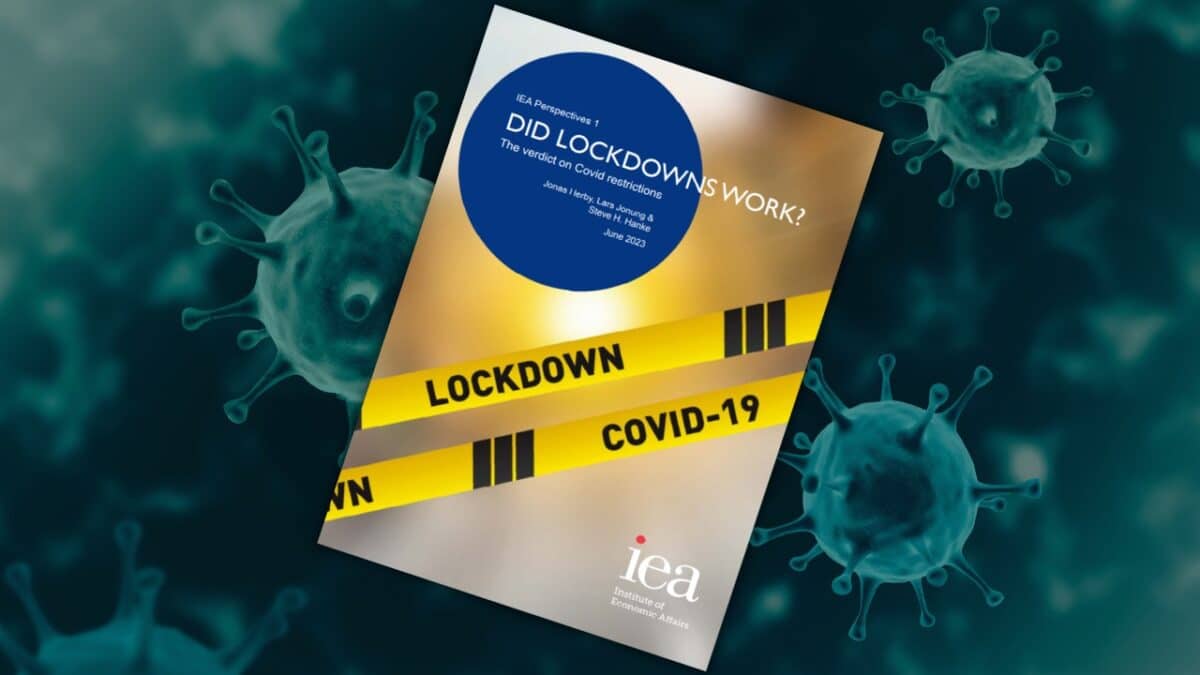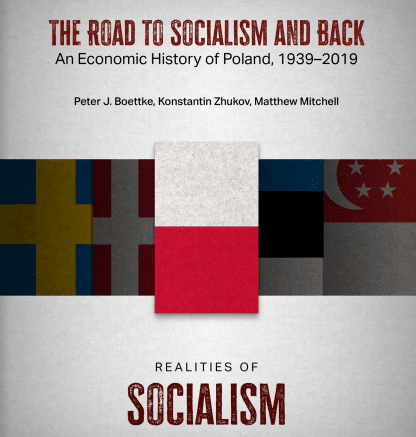Human Nature and World Affairs: An Introduction to Classical Liberalism and International Relations Theory
SUGGESTED



Summary
This book presents a classical liberal theory on international relations. It is not newly developed, but distilled from the writings, and based on the ideas, of major classical liberal thinkers, particularly David Hume, Adam Smith, Ludwig von Mises and F. A. Hayek. Hence, while the elements of the classical liberal theory have always been present, they were also scattered among different places in their work. Their ideas on international relations were never presented comprehensively and this allowed for many erroneous interpretations.
Classical Liberalism
The classical liberal theory of international relations is a logical extension of classical liberal ideas about domestic politics. It is quite distinct from other versions of liberalism. The classical liberal theory will be presented through a number of building blocks and related concepts, loosely following the method developed by Michael Freeden (1996). The main ideas of the classical liberal theory of international relations are:
- The starting point is a realistic view of human nature, which values the social nature of individuals but also recognises their propensity to quarrel, fight and use violence. Views on human nature are crucial for international relations because all international politics is about human activities.
- War and violence are regrettable but inevitable features of international affairs. Classical liberals seek to deal with that rather than attempt to get rid of violence and war.
- The (nation) state is the main actor in international relations. Sovereignty should be respected. Only in exceptional circumstances is moderation in the form of federation called for.
- There is no harmony of interests in world politics. States will be able to form an international society, but they will also always face a security dilemma.
- Balance of power is a form of spontaneous order at the international level. The just war principles apply, but there is a very limited number of cases that justify military intervention, mostly only to prevent or stop genocide.
- On the one hand, international law and international organisations are useful, and international obligations count and should be kept (pacta sunt servanda). On the other hand, international law and organisations can also pose major threats to individual liberty. Therefore, classical liberals only support a limited amount of both.
- Sound economics at the international level means free trade and globalisation, while classical liberals are sceptical of development aid provided by governments and paid for by taxpayers.
- While free trade improves relations between countries, it does not in itself foster peace. It can neither change human nature nor overcome other causes of war.
Read the press release for the new book here.
About the Author
PDF Viewer
Fullscreen Mode



